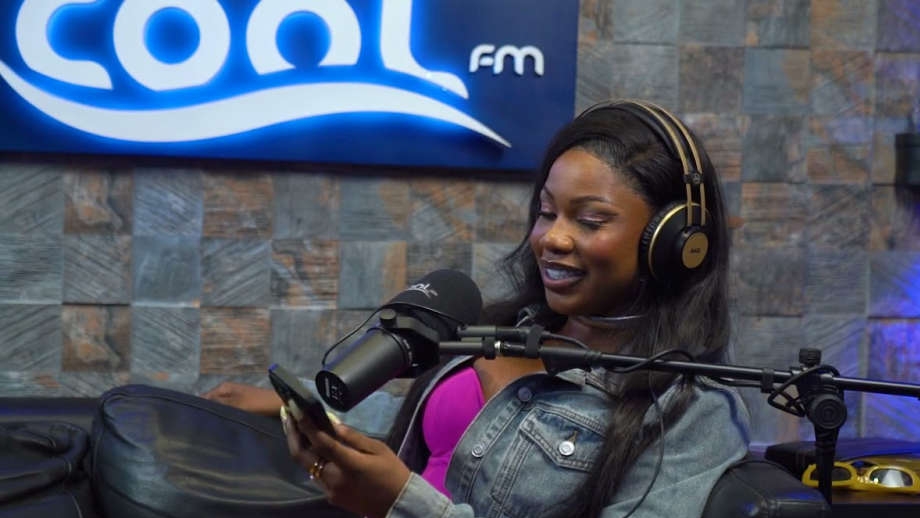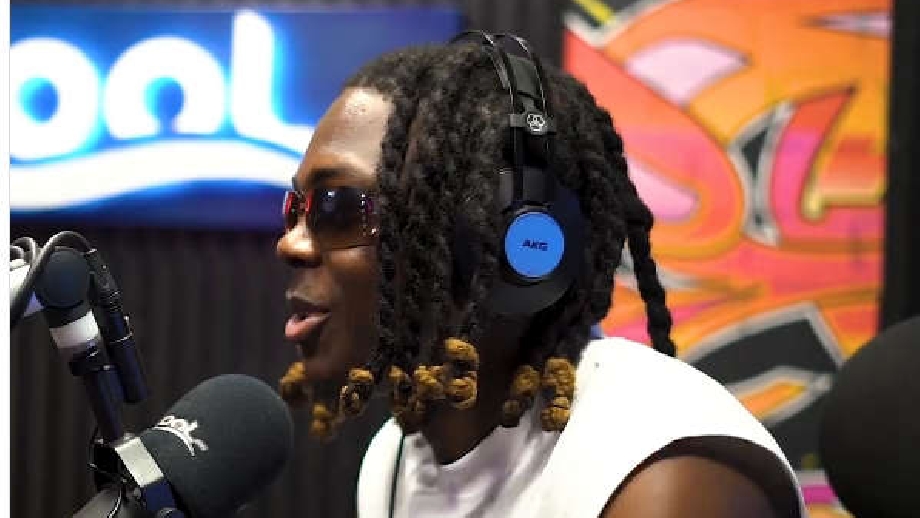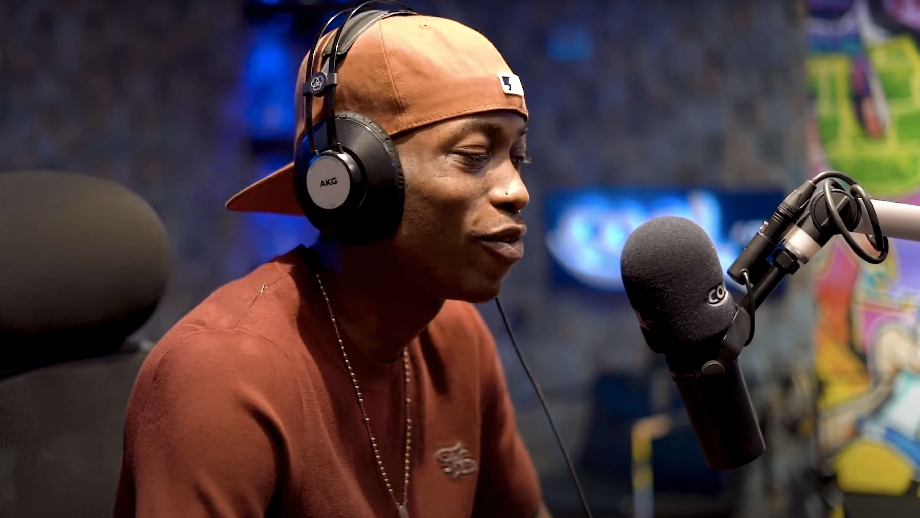
Renowned singer-songwriter, Harrysong, a luminary in the vibrant tapestry of the Nigerian music industry, has etched his name with hit records and a songwriting prowess that echoes through the corridors of acclaim, adorned with several accolades and an extensive listenership.
However, a recent chapter in his musical journey unveils a discordant note as he grapples with an ongoing feud with his former label boss, KCEE. Turning to the digital realm, Harrysong has embarked on a poignant quest, leveraging the power of his social media accounts to rally the support of fellow Nigerians in his endeavor to reclaim what is rightfully his—his royalties.
Through the canvas of his Instagram story, Harrysong paints a narrative of artistic struggle, revealing that KCEE, the proprietor of his erstwhile label Five Star Records, has clenched onto the entirety of royalties from some of his most resonant creations. The list includes the soulful melodies of 'Reggae Blues,' the rhythmic charm of 'Baba For The Girls,' the enchanting 'Samankwe,' the rhythmic ballad 'Better Pikin,' and the anthemic 'Ofeshe.'
In an impassioned plea, Harrysong lays bare the predicament, disclosing that KCEE has been monopolizing all the financial gains from these musical gems. The Instagram story becomes a digital scroll of desperation as Harrysong implores, "At least he can take his percentage and give me what is rightfully mine," appealing to the conscience of KCEE and invoking the collective empathy of his audience.
The plea extends beyond the ephemeral realm of Instagram, transcending to the microblogging landscape with an X (formerly Twitter) post. Accompanied by a screenshot of his Instagram saga, Harrysong reiterates his demand for justice, asserting his entitlement to what rightfully belongs to him. The post serves as a clarion call, beseeching not only for restitution but also for the unified voice of Nigerians to resonate in tandem with his plea.
This poignant episode in Harrysong's career underscores a recurring theme in the Nigerian music industry—an unsettling discord between artists and labels regarding the elusive realm of royalties. In a symphony of shared grievances, the narrative echoes the recent revelations from the late Street Hop luminary, Mohbad, who, post-parting ways with Marlian Records, unveiled that the echoes of his artistry had yet to yield the financial resonance of rightful royalties.




